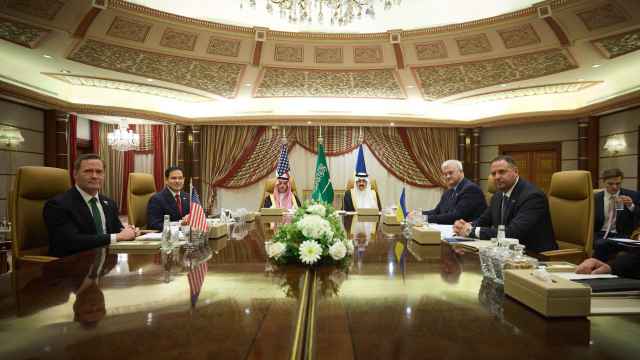
Galina Dontsova
Head of Customs and International
Trade Practice
Ernst & Young
The Agency for Strategic Initiatives, created in 2011, is working to improve the investment climate in Russia. One of the agency's objectives is to improve Russia's ranking in terms of the business climate, and road maps for various business sectors are intended to address this. This article gives an overview of the road map for improving customs administration.
The prime minister approved the main provisions of the road map on May 3, and the road map is currently being finalized and updated based on proposals from ministries and agencies, with the final version set to be approved by the end of June. Ultimately, the road map will be used to develop legislative amendments that will improve Russia's business climate. One of the first instructions involved in implementing the road map is to develop proposals for a regulatory framework that allows goods to be released before customs duties are paid if bank guarantees are provided. Currently, the customs authorities will not release goods until after an importer has made customs payments, and any difference between the amount paid and that based on the customs declaration (e.g. as a result of changes in currency rates or customs value adjustments) inevitably delays the release of goods. The road map allows customs payments to be postponed until after goods are released if the importer provides financial guarantees.
Below we describe other steps contemplated by the road map.
The customs clearance time will be reduced, primarily by shortening the list of documents required for customs clearance and eliminating written contracts, payment documents and evidence of authority to submit customs declarations. Up-to-date technology will also help accelerate customs clearance. In particular, decisions to release goods will be based on preliminary information as part of risk management and analysis; electronic communication between agencies will be introduced; hardcopies of permits will no longer be required; customs authorities at border checkpoints will be entitled to release goods; and certain other measures will be implemented.
In order to improve the forms and methods of customs control, the key focus will be on the further development of risk management and analysis. In the first place, a subject-oriented approach will be implemented in risk management and analysis, participants in foreign trade will be categorized, risk profiles will be defined based on an analysis of information on goods from economic, commodity, mathematical and statistical perspectives, and the focus of customs control will shift to the stage after goods have been released.
Customs brokers (customs representatives) are another important focus of the road map. The risk that a customs broker may be deregistered as a result of customs offenses if the total penalties over the course of a year exceed 250,000 rubles is a significant burden on the business of customs brokers. The road map involves changing such deregistration criteria. The activities of customs brokers will also be improved by changing the reporting procedure and schedule. Importantly, organizations and companies that are subordinate to the Federal Customs Service and their affiliates will be prohibited from acting as customs brokers. The government has already issued an instruction to this effect.
Simplifications introduced for various types of authorized economic operators (i.e. manufacturers and other company types) will be made consistent, and mechanisms will be developed for all authorized economic operators, allowing goods to be released before a customs declaration is submitted without determining the amount of security for a specific shipment.
The road map cannot be implemented unless conditions are created for the motivation of customs officials. The road map thus involves developing and implementing a system of customs performance measurement and improving social protection and benefits for customs officials.
As an important initiative for improving the business climate, the road map describes steps to enhance administrative responsibility for violations of customs rules. The objective is to provide adequate and commensurate penalties for customs offenses.
You may read the full text of the road map on the website of the Agency for Strategic Initiatives: .
A Message from The Moscow Times:
Dear readers,
We are facing unprecedented challenges. Russia's Prosecutor General's Office has designated The Moscow Times as an "undesirable" organization, criminalizing our work and putting our staff at risk of prosecution. This follows our earlier unjust labeling as a "foreign agent."
These actions are direct attempts to silence independent journalism in Russia. The authorities claim our work "discredits the decisions of the Russian leadership." We see things differently: we strive to provide accurate, unbiased reporting on Russia.
We, the journalists of The Moscow Times, refuse to be silenced. But to continue our work, we need your help.
Your support, no matter how small, makes a world of difference. If you can, please support us monthly starting from just $2. It's quick to set up, and every contribution makes a significant impact.
By supporting The Moscow Times, you're defending open, independent journalism in the face of repression. Thank you for standing with us.
Remind me later.





